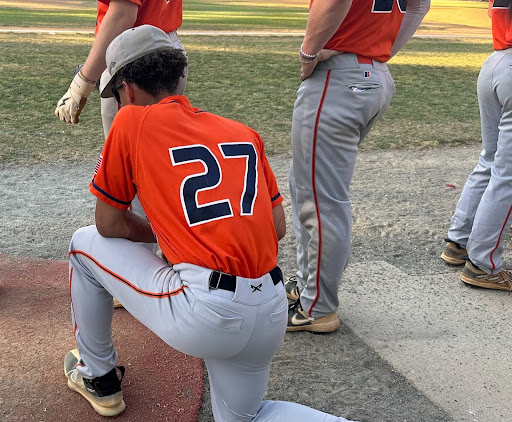A simple hit in the head may not sound bad, but for a student-athlete, such an injury can be devastating.
Athletes who have suffered concussions would agree that the ailment is frustrating, leaving them disoriented, dizzy, and nauseas. It can stay for days, weeks, and even months, rendering the concussed person both athletically and academically incapable until the symptoms subside.
“It has prevented me from playing soccer and going to school,” said junior Theresa O’Sullivan, who got her concussion during a State Cup soccer game over three weeks ago. “I went in to head the ball and a girl came in early and headed me in the face with the back of her head. I went straight to the emergency room.”
O’Sullivan’s case may be a particularly extreme one, since it has been over three weeks and, while improvements have occurred, the effects of the concussion are still taking their toll.
“I can’t watch TV for too long or read right now or I get really bad headaches and it can set me back from getting better. I couldn’t even go to Homecoming because of this stupid injury,” said O’Sullivan.
Unfortunately, symptoms can be more than just your standard headache. Depending on where the brain receives the blow, other consequences can occur.
“I felt like I had vertigo,” said senior Quinn DeMott, who received her concussion after being hit in the head with a stick during a Field Hockey game against TJ. “The hit also struck my brain in a certain spot that controls emotions, so I was crying randomly and uncontrollably.”
These types of athletic injuries can be very dangerous and have long-term effects. All student-athletes must watch a video at the beginning of each new sports season cautioning them of the dangers of continuing to participate in sports when their brain is injured. This video helps the trainers to be sure that everyone is informed, and hopefully make good decisions. They also help to alleviate athletes once the concussion is in full effect.
“The trainers were really great. They made sure that I was fully healthy to play again, and they gave me great advice on what I could do to feel better,” said DeMott. “I just wanted to make the most of my last Field Hockey season before it was over.”






